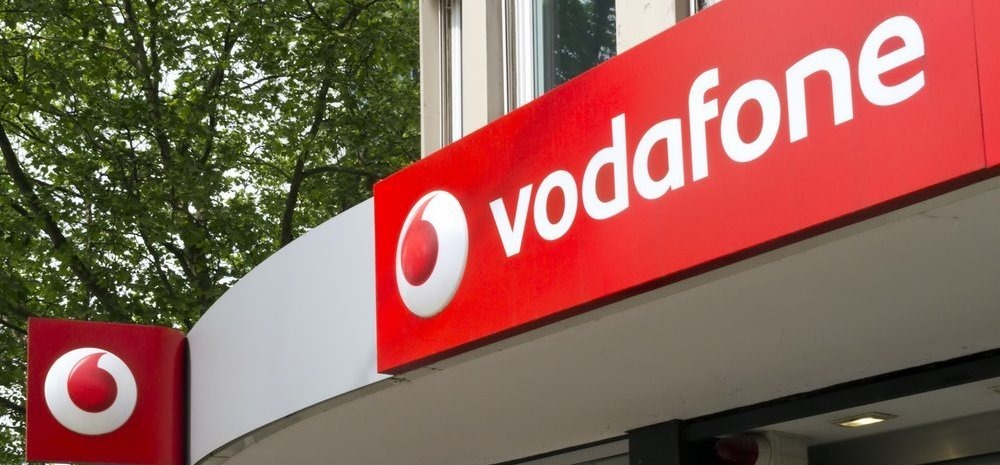Africa Update: UK telco giant Vodafone sells $1 billion Safaricom shares (Kenya)

Article Update: How To Get Your Company Out Of A Debt Crisis
October 19, 2017
Africa Update: CDC seeks new investments in Senegal and Côte d’Ivoire
October 19, 2017UK telecoms giant Vodafone has indirectly sold shares worth Sh117.5 billion in Safaricom in a complex transaction that has allowed it to take profits from its investment in the Nairobi Securities Exchange-listed firm.
Vodafone on August 7 transferred its 35 per cent stake in Safaricom to its South African subsidiary Vodacom and got 233.5 million new shares in the Johannesburg-based firm, raising its stake to 69.7 per cent from the previous 65 per cent.
On September 7, the UK telecoms operator announced in regulatory filings that it had sold 90 million of those new shares on the Johannesburg Stock Exchange (JSE) where Vodacom is listed, raising €962 million (Sh117.5 billion).
“As part of the Safaricom transaction, Vodafone … committed to Vodacom that it would sell down a sufficient number of shares to ensure that Vodacom meets the 20 per cent minimum free float requirement on the JSE,” Vodafone said.
“Vodafone announces that its wholly owned subsidiary, Vodafone International Holdings B.V. has sold an aggregate of 90 million ordinary shares in Vodacom at a price of ZAR [South African rand] 165 per ordinary share, raising gross proceeds of ZAR 14,850 million (approximately €962 million).”
Analysts described the moves as savvy, noting that it reflects the depth of the JSE where Vodafone was able to get buyers for the huge volume of shares unlike the Nairobi bourse where it would have struggled to offload them.
“JSE offered Vodafone speed and certainty of closing the deal because it has more institutional investors,” said Robert Bunyi, an investment analyst.
He added that from a buyer’s perspective, it is more attractive to buy into Vodacom than Safaricom because the former is more diversified with operations in multiple African countries, including Tanzania, Mozambique and now Kenya.
Vodafone says it sold the shares to a few institutional investors.
While similar investors are active on the NSE, they limit their positions to a few million dollars in blue-chip firms like Safaricom, Equity and KCB as part of their country-weighted risk spreads.
Major institutional investors who have held Safaricom shares this year include funds run by Aberdeen Frontier Markets Investment Company, Goldman Sachs, Fidelity and Vanguard.
If Vodafone was to sell Safaricom shares worth Sh117.5 billion in the local market, it would have needed to get a buyer with such a war chest and who is willing to take a concentrated bet equivalent to a nearly 12 per cent stake in the telecoms operator.
The UK multinational received the extra Vodacom stock at the rate of 1.62 shares for every 100 Safaricom shares, with the units sold representing 38.5 per cent of the new shares.
Vodafone’s stake in Vodacom fell back to 64.5 per cent after the share sale — slightly below its previous 65 per cent level — indicating that organising the partial indirect exit from Safaricom was a primary motivation for the deals.
“I think the sale was just portfolio optimisation,” said Aly-Khan Satchu, an independent investment analyst who runs data vendor Rich Management.
The Sh117.5 billion raised from the sale of Vodacom shares represent 40.7 per cent of the entire share swap deal that was valued at €2.36 billion, equivalent to Sh288.4 billion at current exchange rates.
The JSE route has allowed Vodafone to reap from its successful investment in Safaricom, which went public in 2008 with a book value of Sh36 billion, with the UK firm’s share of that standing at Sh14.4 billion.
A gusher of profits built on market share gains and trouncing of competitors propelled the telecoms operator’s market value to a record Sh1 trillion, valuing Vodafone’s interest at Sh400 billion prior to the Vodacom share swap.
Besides capital gains, Vodafone has also benefited from dividends, with the multinational collecting a record €214 million (Sh25.6 billion) in December 2016 alone after Safaricom enhanced its payout to a total of Sh57.6 billion.
The UK firm retains a five per cent direct stake in Safaricom, with its corporate manouvres prompting the government — which holds a 35 per cent stake in the telcoms operator — backing the passage of new resolutions to protect the company from the interests of the multinational and its subsidiaries.
The resolutions, approved on September 15, include a provision that prohibits directors appointed by the London-based multinational or its subsidiaries from voting on any agreements between their companies and Safaricom’s M-Pesa service.

